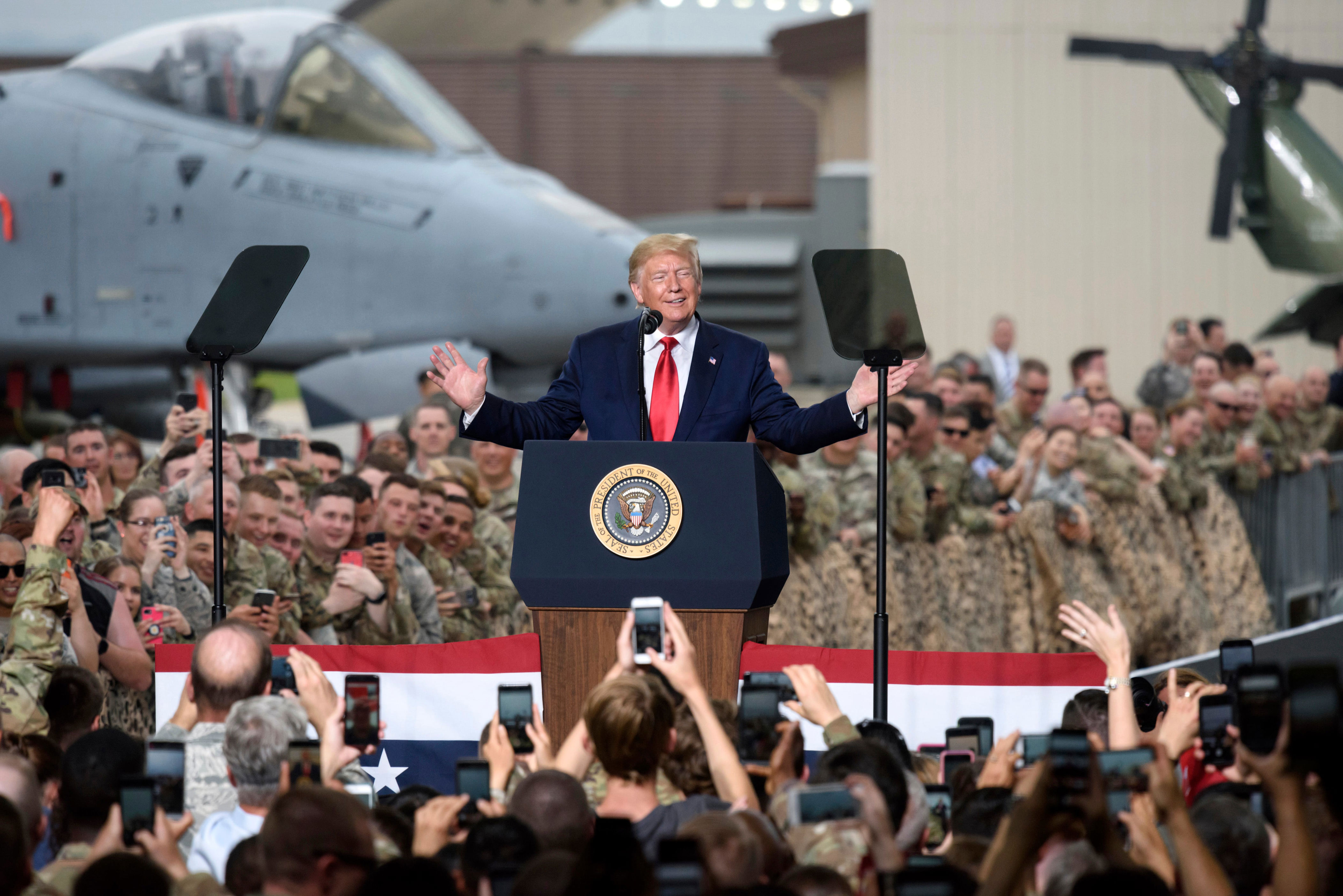Judul : OPCON tug of war: Seoul wants control, generals urge caution
link : OPCON tug of war: Seoul wants control, generals urge caution
OPCON tug of war: Seoul wants control, generals urge caution

The Transfer of Wartime Operational Control: A Shifting Landscape on the Korean Peninsula
Amidst stalled trade negotiations between South Korea and the United States, discussions regarding the transfer of wartime operational control (OPCON) of South Korean forces from the U.S. to Seoul are quietly but steadily gaining momentum. This development, long a point of contention, is now being driven by a convergence of interests, albeit for distinct reasons, in both Washington and Seoul.
Motivations on Both Sides
Washington's interest in transferring OPCON stems from a broader strategic realignment focused on China and a desire to reduce the U.S. military presence on the Korean Peninsula. This shift reflects a prioritization of resources and a focus on perceived greater threats in the Indo-Pacific region.
For Seoul, regaining OPCON represents a significant step towards achieving full military sovereignty, a goal that has resonated with progressive leaders for decades. The desire to control its own military destiny, particularly in times of conflict, is a powerful symbol of national independence for South Korea.
A History of Delays and Shifting Timelines
The aspiration to reclaim wartime command dates back to 2005, when then-President Roh Moo-hyun declared South Korea's ambition to become a "truly independent military power." This sentiment has been echoed by subsequent leaders, underscoring the enduring importance of OPCON transfer to South Korea's national identity and security posture.
While a timeline for the transfer was initially agreed upon in 2007, setting a target date of 2012, subsequent events, most notably North Korea's second nuclear test in 2009, led to postponements. The Lee Myung-bak administration pushed the deadline back to 2015, and under President Park Geun-hye, a "conditions-based" approach was adopted in 2014, effectively shelving the handover indefinitely. This approach linked the transfer to the fulfillment of specific military capabilities and readiness benchmarks.
Military Concerns and Financial Implications
Despite the political will to proceed with the OPCON transfer, concerns persist within South Korea's military leadership. The Joint Chiefs of Staff have reportedly expressed reservations, suggesting that Seoul should not initiate OPCON transfer talks, indicating underlying doubts about the feasibility of achieving the transfer within the desired timeframe.
These concerns stem from assessments that the South Korean armed forces have not yet fully met the operational benchmarks required for assuming full command responsibility, particularly in critical areas such as command and control, surveillance, and reconnaissance. The reliance on U.S. assets in these domains remains a significant challenge.
Furthermore, defense analysts warn that a premature handover could strain interoperability between U.S. and South Korean forces and impose substantial financial burdens on Seoul. Achieving sufficient peacetime surveillance capabilities alone is estimated to cost billions of dollars. The total cost, including resources for wartime readiness, munitions stockpiles, manpower, and advanced systems, could be astronomical, potentially straining South Korea's defense budget.
Capability Gaps and Strategic Vulnerabilities
The core of the debate centers on whether the South Korean military is adequately prepared to replace U.S. capabilities. The limited number of military reconnaissance satellites operated by South Korea, which allows for monitoring North Korea only at intervals of several hours, highlights the country's dependence on U.S. intelligence assets. The withdrawal or reassignment of American surveillance systems post-OPCON transition could significantly impair South Korea's situational awareness.
Similar concerns exist regarding battlefield command systems. Experts widely acknowledge that South Korea's command-and-control infrastructure lags behind that of the U.S. Substantial investments in munitions stockpiles, including millions of artillery shells, and logistical capabilities would be necessary to enable autonomous wartime operations, even in a supporting role.
The U.S. Strategic Perspective
Within the United States, there is a growing sentiment that the U.S. military presence on the Korean Peninsula should be re-evaluated in light of evolving strategic priorities. Some argue that the U.S. should not maintain a large ground force contingent in Korea for a problem that is not central to American interests, advocating for a swift transfer of OPCON.
The U.S. Department of Defense is reportedly conducting a review of potential posture changes in conjunction with the OPCON debate. These changes could involve reducing the number of U.S. ground forces stationed in Korea or modifying the composition of U.S. Forces Korea (USFK) to prioritize air and naval units over land-based deployments, reflecting a shift towards a more maritime-focused strategy in the region.
Thus the article OPCON tug of war: Seoul wants control, generals urge caution
You are now reading the article OPCON tug of war: Seoul wants control, generals urge caution with the link addresshttps://www.unionhotel.us/2025/07/opcon-tug-of-war-seoul-wants-control.html?m=0
0 Response to "OPCON tug of war: Seoul wants control, generals urge caution"
Post a Comment